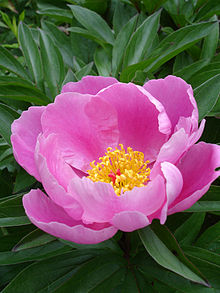
PEONY
Profile Latin Name: Paeonia Lactiflora CAS No.: – Active Ingredient : – Specifications: 4:1 Test Method: Part used: Root Benefits Regulate gastrointestinal motility. Elimination of gases. Contrast of menstrual cycle disorders.
Read more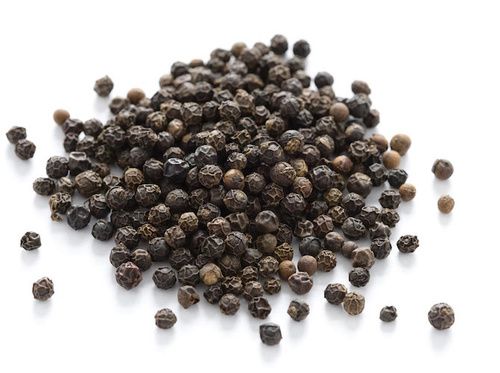
Profile Latin Name: Piper Nigrum CAS No.: 84929-41-9 Active Ingredient: Piperine Specification: 95% Test Method: HPLC Part used: Fruit Benefits Digestive function. Regularity of intestinal transit. Regulate gastrointestinal motility and gas elimination. Regular functionality of the cardiovascular system. Antioxidant.
Read more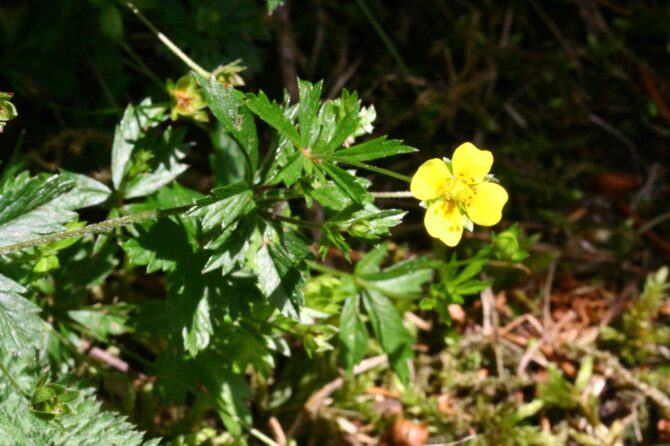
Profile Latin Name: Potentilla erecta CAS No.: 85085-66-1 Active Ingredient: Tannic acid Specification: 15% Test Method: UV-Vis Part Used: Whole plant Description Potentilles are the most common tannic astringents of the European popular tradition. Potentilla Tormentilla has a protective vessel activity (tannins, flavonoids), modification of the permeability of the gastroenteric membrane with influence on
Read more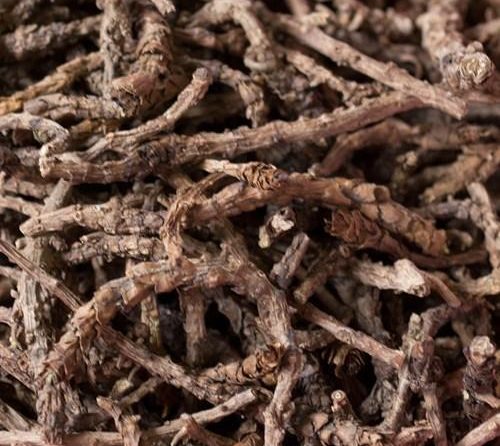
Profile Latin Name: Picrorhiza Kurroa CAS No.: 91845-42-0 Active Ingredient: Kutkine Specifications: 4% Test Method: HPLC Part used: Root/Rhizome Appearance: Fine dark brown powder Description It is a Himalayan herb, whose roots, rich in glycosides, have hepatoprotective and anti-asthma properties. It reduces allergic disorders and inhibits the activity of one of the main factors responsible
Read more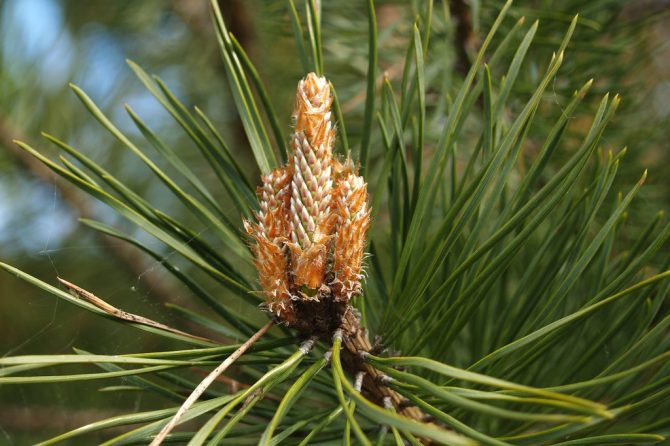
Profile Latin Name: Pinus Silvestris L. CAS No.: ?84012-35-1 Active Ingredient: Polyphenols Specifications: 10:1 – 4% Test Method: UV Part used: Buds Appearance: Fine yellow brown powder Description Pine has various healing properties that allow it to cure various diseases including those of the respiratory system Benefits Antiseptic for the urinary and respiratory tract
Read more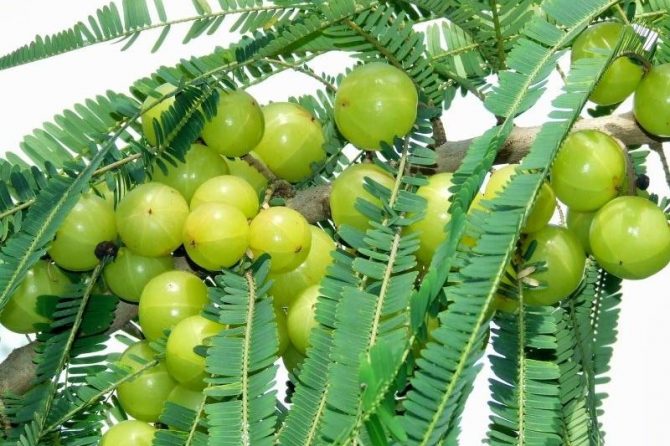
Profile Latin Name: Phyllantus emblica CAS No.: 90028-28-7 Active Ingredient: Tannins Specifications: 30% Test Method: UV-VIS Part used: Fruit Appearance: Fine yellow brown powder Description Phyllanthus emblica (amalaki) also known as Indian gooseberry, is a plant used since ancient times in Ayurvedic medicine for various properties: adaptogenic, anti-aging, anti-inflammatory. It is a rich dietary
Read more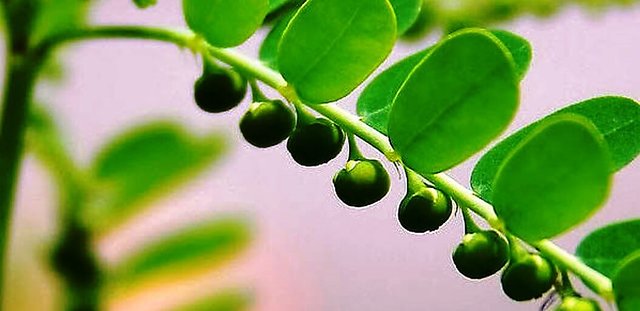
Profile Latin Name: Phyllantus Niruri CAS No.: 84775-91-7 Active Ingredient: Tannins Specifications: 15% – 30% Test Method: UV-VIS Part used: Berry Appearance: Fine brown powder Description Phyllantus niruri is a plant native to tropical countries and is well known both in Madagascar, in Latin America (where it takes the name of Chanca Piedra) and
Read more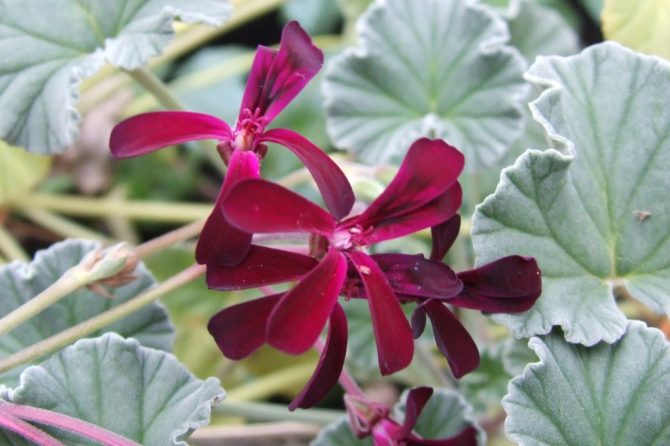
Profile Latin Name: Pelargonium Sidoides CAS No.: 1175005-95-4 Active Ingredient: Specifications: 5:1 – 10:1 Part used: Leaves Appearance: Fine brown powder Description Pelargonium sidoides is a variety of geranium from the Geraniaceae family that grows in the south-eastern region of South Africa. Also known as ‘African geranium’, it is a shrubby plant that has the
Read more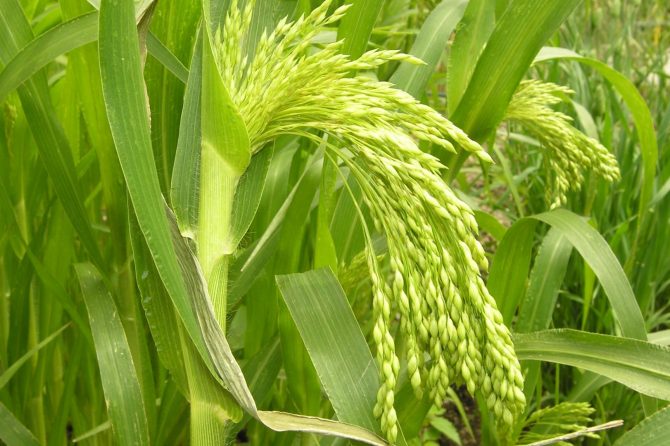
Profile Latin Name: Panicum milaceum CAS No.: 90082-36-3 Active Ingredient: Specifications: 4:1 Part used: Seed Appearance: Fine light yellow powder Description Millet (Panicum miliaceum) is a cereal. It belongs, in fact, to the Graminaceae family and is mainly used in Europe as feed for birds and poultry. Rich in nutrients, millet is very useful
Read more
Profile Latin Name: Cucurbita Maxima CAS No.: 89998-02-7 Active Ingredient: Fatty Acids, Phytosterols Beta-Sitosterol Specifications: 4:1, 10:1, 20:1, 25% Phytosterols – 5% Beta-Sitosterol – 20% Fatty Acids Part Used: Seed Test Method: UV-VIS, TLC Appearance: Fine light yellow powder Description Pumpkin seeds (pepita) are edible kernels of fruit pumpkin. The have very low level in
Read more